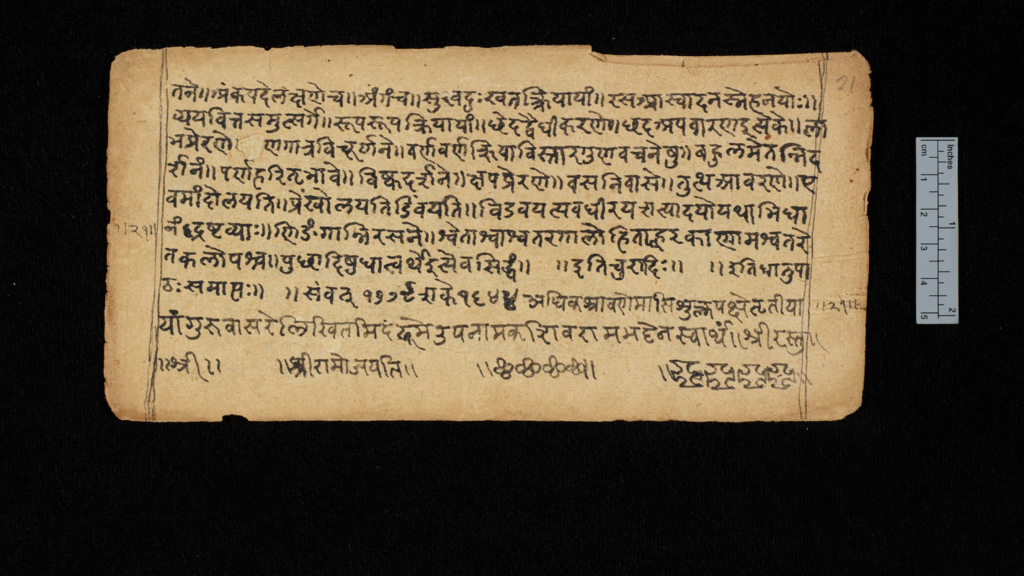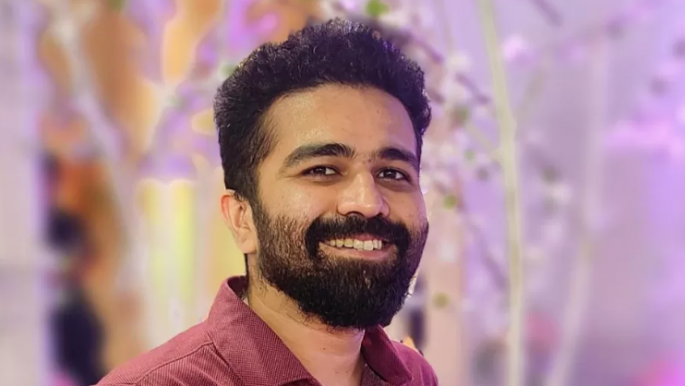Rishi Rajpopat’s Remarkable Discovery Paves the Way for a Sanskrit Renaissance.
29 october, 2023
In a groundbreaking achievement, a Cambridge University PhD student, Rishi Rajpopat, has cracked a linguistic puzzle that has stumped scholars for over two millennia. Rajpopat’s discovery promises to reshape the study of Sanskrit, an ancient language with a rich history, and underscores the enduring relevance of ancient languages in today’s world.
The enigma in question was a grammatical rule laid out by Panini, a revered master of the Sanskrit language who lived around 2,500 years ago. Panini’s rule, which had been a perplexing puzzle since the 5th century BC, presented a fundamental challenge to understanding the intricacies of Sanskrit grammar. Sanskrit, though now spoken by a relatively small population of around 25,000 people in India, holds a vital place in the cultural and linguistic heritage of the country.

Rajpopat’s journey to solve this ancient riddle took nine months of dedicated research and perseverance. It was during a momentary break from his work that he experienced what he described as a “eureka moment.” He deciphered that Panini intended the selection of a grammatical rule applicable to the right side of a word, bridging the gap between rules applicable to the left and right sides.
This interpretation revealed the elegant workings of Panini’s “language machine,” generating grammatically correct words with minimal exceptions. This breakthrough holds immense significance for the study and understanding of Sanskrit.
Rajpopat’s accomplishment has sent ripples through the academic world. His supervisor at Cambridge, Professor Vincenzo Vergiani, a distinguished Sanskrit scholar himself, lauded Rajpopat’s discovery as “an extraordinarily elegant solution to a problem that has perplexed scholars for centuries.” This achievement is expected to breathe new life into Sanskrit studies, both in India and across the globe.
This landmark discovery extends beyond the academic realm. It carries the potential to inspire students in India and around the world, filling them with confidence, pride, and hope. It is a testament to what can be achieved through dedication and innovation, even in the realm of ancient languages.

Rajpopat’s revelation emphasizes the continued relevance of ancient languages in the modern era. It serves as a poignant reminder that our past holds valuable lessons waiting to be uncovered. The study of ancient languages and cultures is not a mere exercise in nostalgia but a path to unravel the mysteries of history and expand our understanding of human civilization.
Rishi Rajpopat’s triumphant solution to a 2,500-year-old Sanskrit grammatical conundrum is a remarkable achievement that promises to revolutionize the study of Sanskrit and inspire future generations of scholars to delve into the enigmas of our past.
Resources:
1.https://www.bbc.com/news/articles/cg3gw9v7jnvo
2.https://www.freethink.com/robots-ai/ancient-sanskrit-text-algorithm-solved